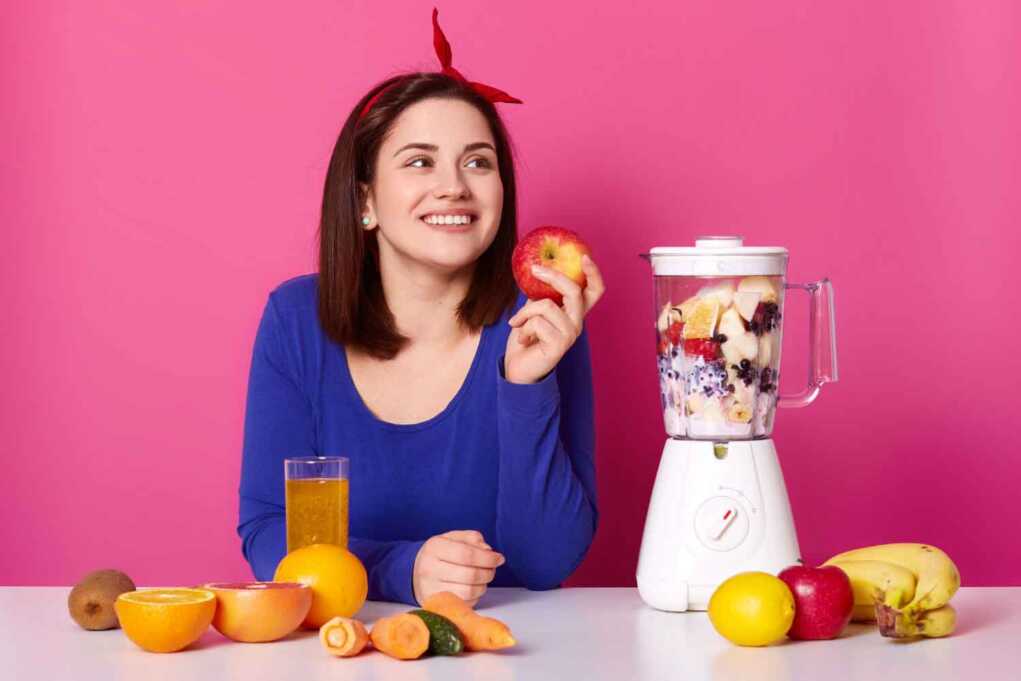
Are you getting the nutrients you need to stay healthy and keep your immune system functioning optimally? Frequently health care professionals dismiss the need for supplemental vitamins or minerals. They suggest that you can get all the nutrition you need from a well-balanced diet. That might be true if most of us were vegetarians or vegans, but few of us are. Research from Brazil hints that such diets might supply the immunity-boosting nutrients we’d need to ward off infection.
Plant Eaters Were Less Likely to Catch COVID-19
The scientists collected dietary and infection data on 702 participants between March and July 2022, when COVID infections were raging in Brazil (BMJ Nutrition, Prevention & Health, Jan. 9, 2024). More than 400 volunteers classified themselves as omnivores, while 278 reported following a more or less strict plant-based diet.
Not surprisingly, people who reported following vegetarian diets ate more vegetables, nuts and legumes. They also consumed less dairy products and meat. Those consuming primarily or exclusively plants were 39 percent less likely to experience COVID infection during the study.
The researchers concluded,
“These dietary patterns may be considered protective against COVID-19 infection.”
Americans Fall Short of Essential Nutrients
Unfortunately, research indicates that many Americans are not getting adequate levels of immunity-boosting nutrients (Nutrients, June 10, 2020). The standard American diet frequently falls short.
Which Immunity-Boosting Nutrients Are Low?
The investigators used data from the 2005-2016 National Health and Nutrition Examination Surveys. More than 26,000 Americans participated in the surveys. A surprisingly large proportion were consuming diets that provide inadequate levels of four out of five nutrients considered key for immune health. For example, 84 percent did not get adequate vitamin E, while 95 percent did not have enough vitamin D in their food.
Vitamin A and vitamin C are also essential for healthy immune cells. Yet 45% of US adults were not getting adequate vitamin A and 46% were not getting adequate vitamin C. Most people take these vitamins for granted and assume they are getting plenty from their diet. Perhaps they should take a second look at the best dietary sources for these immunity-boosting nutrients.
Even fewer had diets supplying adequate vitamin D. Approximately 95% did not meet guidelines. In addition, the researchers found that 84% of adults got too little vitamin E. Moreover, 15% were low in zinc intake.
What Foods Provide These Immunity-Boosting Nutrients?
Vitamin A
How much vitamin A you need depends on age, gender and life stage. You can consume a lot of vitamin A if you eat liver–but most people don’t. Even people who like it (probably a minority) don’t eat it very often.
Green leafy vegetables provide carotenoids, precursors to vitamin A. Think about spinach, broccoli and kale. Don’t forget colorful veggies: sweet potatoes, carrots, squash and peppers, green and red. Orange and yellow fruit such as mangos, cantaloupe, peaches and apricots are great sources, too. Fish such as herring, salmon and tuna offer vitamin A. So do fortified dairy products.
Vitamin C
The Institute of Medicine recommends 90 mg of vitamin C daily for men and 75 mg daily for women. Smokers and those who live with smokers need more of this vitamin. We were surprised to discover that so many Americans are low in vitamin C. A lot of people believe that a few ounces of orange juice in the morning will cover their needs. Fresh-squeezed orange juice can provide this nutrient, with 250 mg in two cups (American Journal of Clinical Nutrition, Sep. 2003). Fortunately, you could meet the recommended amount with less than a cup. Many people couldn’t afford two cups, either economically or calorically.
Where else do you find vitamin C? Red peppers have plenty in half a cup. Citrus fruits like oranges and grapefruit also provide this immunity-boosting nutrient. Don’t overlook kiwifruit, strawberries and tomatoes. In addition, broccoli, Brussels sprouts, cabbage and cauliflower offer good amounts of vitamin C.
Vitamin D
It could be a challenge for most adults to get the RDA of 15 to 20 mcg a day from food. You could do that with a serving of rainbow trout or sockeye salmon. But it would take almost a cup (more than a single serving) to get 15 mcg from mushrooms. The best source is cod liver oil, with 34 mcg per tablespoon. No wonder so few Americans have adequate dietary intakes of vitamin D!








